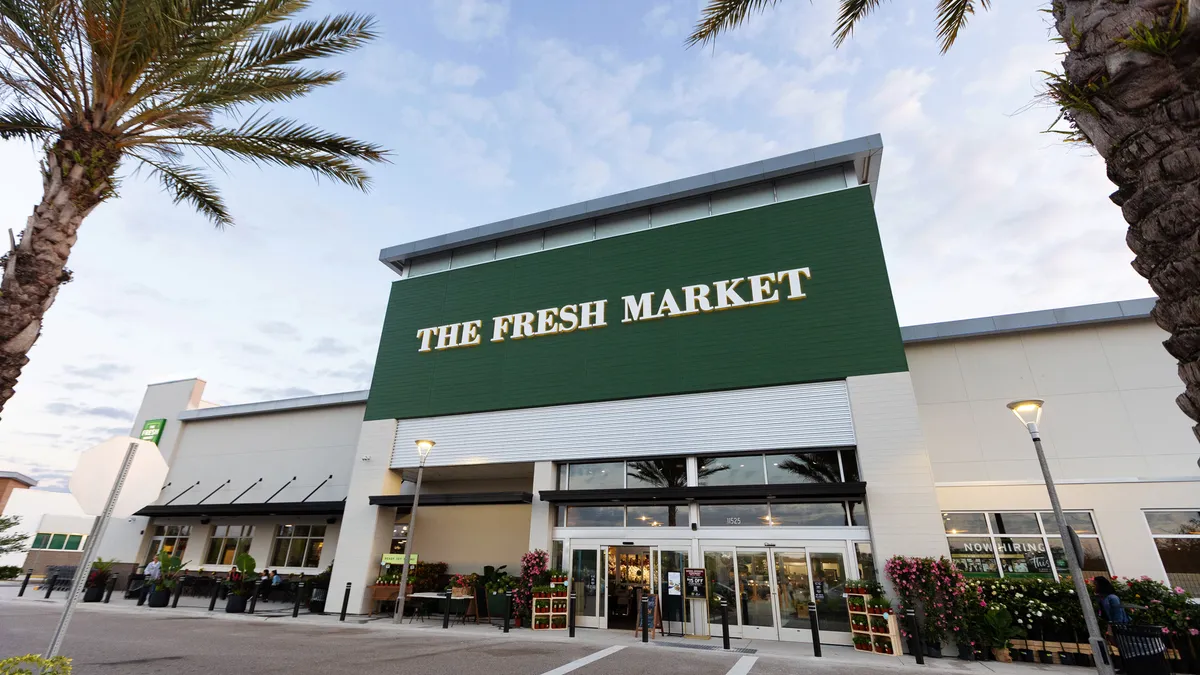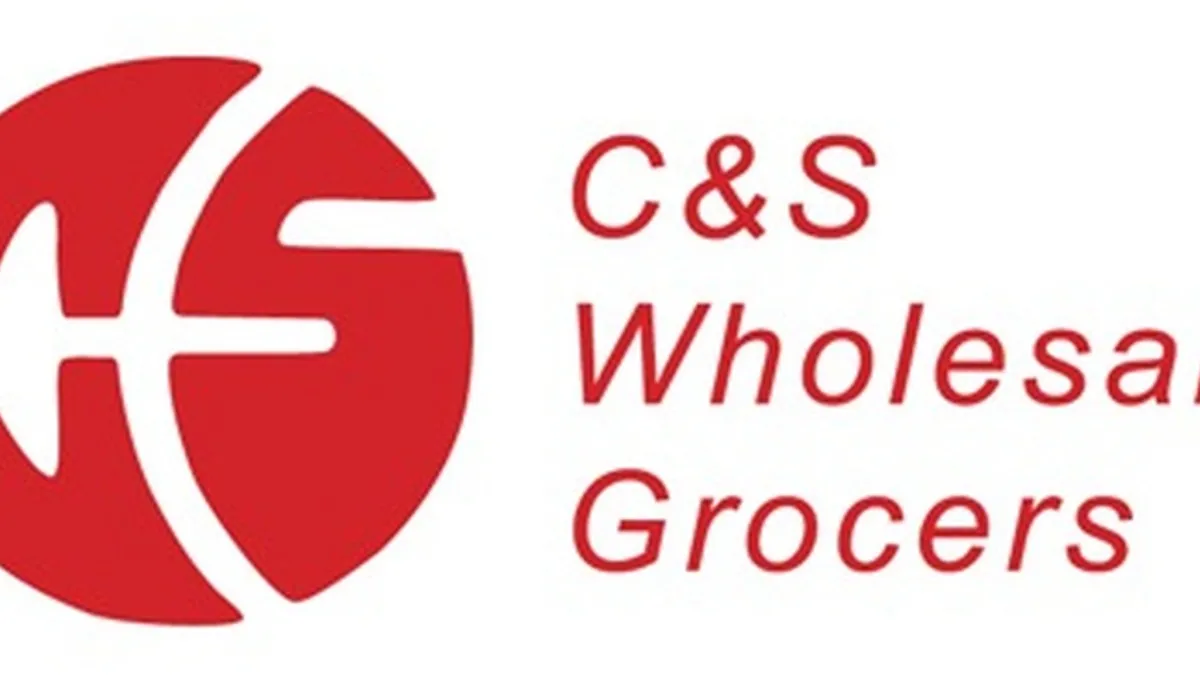Dive Brief:
- Discount supermarket Aldi won more than 200 awards for its private brand products in 2017, according to a company release. These awards ranged from best new product, parent tested and approved products, gluten-free product and private brand wines.
- The 24 product awards bestowed on Aldi by BrandSpark International include foods from the bread, egg, rice, kids snacks and savory snacks categories. The Beverage Tasting Institute also recognized 35 Aldi-exclusive wines with a “Best Buy” rating.
- The German-based company also received the Parent Tested Parent Approved (PTPA) Seal of Approval for 37 products, the PTPA Santa Tested Santa Approved Seal of Approval for 28 holiday-themed items, and Gluten-Free Buyer’s Guide’s Gluten-Free Awards for 10 products.
Dive Insight:
Ever since Aldi opened its first U.S. location in Iowa more than 40 years ago, its mission has been to provide quality products and reasonable prices by exercising maximum efficiency. The discounter has quietly established itself in the U.S. and is now accelerating its development, as record sales in 2017, plans for accelerated store growth and the awards demonstrate. As large grocers and new entrants, like Lidl, look to compete with Aldi in 2018, it's worth looking at the advantages the discounter has in what's become a very competitive grocery market.
Efficiency
With the smaller-sized store, and limited options of products, Aldi has become a model of efficiency. The store format makes it easy for consumers to get in and get out, which matches the majority of consumers’ preference to make multiple, short trips, versus less frequent, stock up shopping. The efficiency also allows Aldi to be more agile and responsive to changing consumer tastes and needs.
Deep-rooted investment
While some grocers have adopted the private brand concept in response to competition, for Aldi, this is its identity. The company stocked high-quality store brands for decades while building up a fleet of stores across the country. Now, in response to consumer demand and Lidl’s move to the U.S., Aldi is doubling down on its investment by pledging $5 billion to build 900 more new stores and to remodel current ones. Although this growth will add to the already crowded market, industry experts believe the deep discounted grocery business is poised to grow five times more than traditional stores, as consumers grow increasingly comfortable with buying private brands.
Quality products
Aldi has always understood that private label doesn’t have to be something that consumers settle for. Just as Target made its in-house clothing brands trendy, consumers are increasingly interested in looking beyond the national brands for fresh, new food products. According to the Private Label Manufacturer’s Association, private brands make up 17% of total grocery sales. Aldi was one of the first grocers to understand that private label brands can provide premium value.
Forward thinking
Because Aldi controls its private label products, it can be more responsive to market changes. As consumers become more concerned with healthier eating, Aldi has made sure its private label, which comprises 90% of the store products, is free of synthetic colors, trans fats and MSG. Milk used for Aldi cultured products have no artificial growth hormones. The grocer also expanded its line of gluten-free products and its SimplyNature products, which are free of more than 125 artificial ingredients.
Aggressiveness
Aldi isn’t afraid to take on heavyweight competitors like Walmart. From building stores near existing Walmart locations in hopes of luring away customers, to jumping into price wars with the retail giant, Aldi is clearly looking for ways to gain the upper hand. Although the price wars have resulted in a loss of profits in 2017, Aldi seems to feel confident that long-term this aggressive strategy will be a winning one.
Aldi has become a master at creating a “premium” private label brand, and has developed an infrastructure that gives it the best chance of success. Grocers that enter this category hoping to compete primarily on price, will face an uphill battle.









